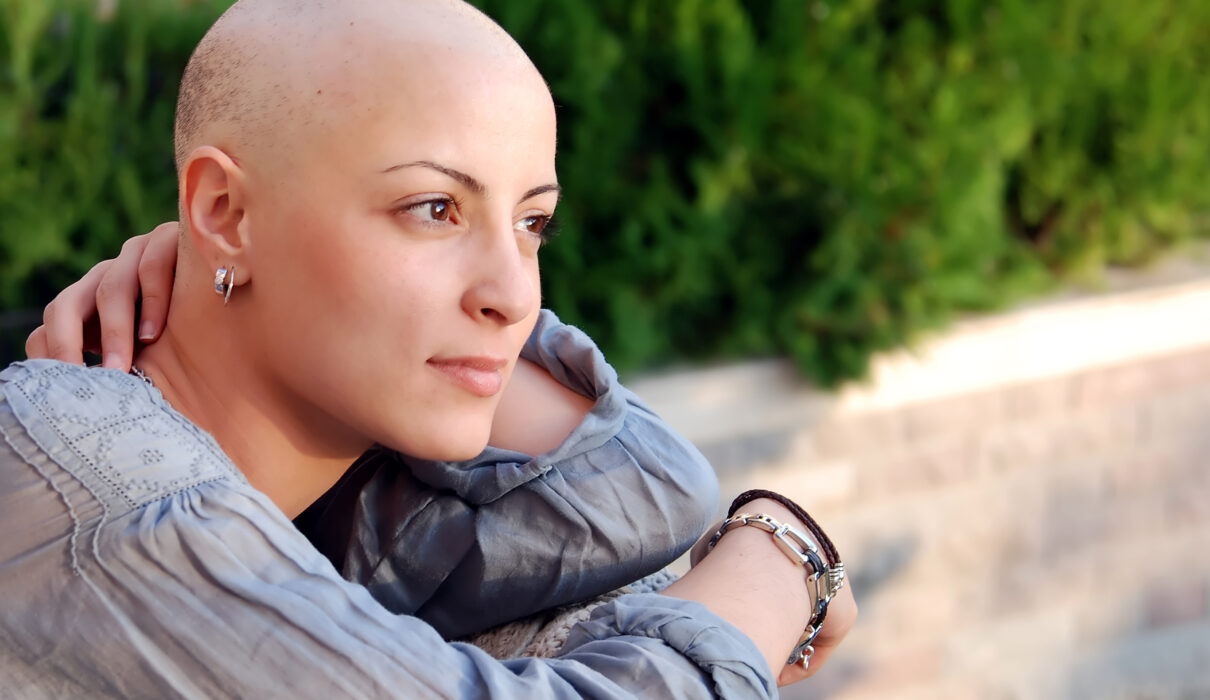Receiving a diagnosis of colon, rectal or bowel cancer from your colorectal surgeon can be overwhelming and challenging. Treatment options often involve a combination of chemotherapy and surgery to target the disease and improve outcomes. While these treatments can be effective, they can also take a toll on the body and overall health. In this article, a leading colorectal surgeon in Melbourne (who is a female colorectal surgeon) will discuss essential strategies to support your health during chemotherapy and surgery for colorectal cancer, helping you cope better with the treatment process and enhance your well-being.
Build a supportive healthcare team
A supportive healthcare team is essential during cancer treatment. Ensure you have a skilled oncologist and colorectal surgeon in Melbourne who specialise in colorectal cancer. It is very important that you feel comfortable with your specialists due to the intimate nature of this cancer and treatment, so you can request a female colorectal surgeon if necessary. These professionals will help you understand your treatment plan, manage side effects, and provide emotional support throughout your journey.
Educate yourself about your treatment plan
Take the time to educate yourself about your specific treatment plan. Understand the chemotherapy drugs you’ll be receiving, potential side effects, and the surgical procedure. Knowledge empowers you to actively participate in your treatment decisions and manage any side effects more effectively.
Maintain open communication
Stay in regular communication with your male or female colorectal surgeon, oncologist, and healthcare team. Inform them about any symptoms or side effects that you may experience during treatment. Open communication ensures prompt action in managing side effects and adjusting treatment plans when necessary.
Adopt a balanced diet
A balanced diet is crucial during chemotherapy and surgery. Aim for a diet rich in fruits, vegetables, whole grains, and lean proteins. These nutrients can support your immune system, promote healing after surgery, and help manage side effects like nausea and fatigue.
Stay hydrated
Proper hydration is vital for overall health, especially during chemotherapy. Ensure you drink plenty of fluids, and if you have difficulty staying hydrated, talk to your healthcare team about possible solutions.
Incorporate physical activity
Engage in regular physical activity, if possible, as it can improve your physical and mental well-being. Even light exercise, such as walking, swimming, or yoga, can help reduce fatigue and strengthen your body during the treatment process.
Prioritise rest and sleep
Rest and sleep are essential for healing and recovery. Listen to your body and prioritise getting enough rest. If you struggle with sleep disturbances, discuss potential solutions with your colorectal surgeon in Melbourne and your healthcare team.
Manage stress
The cancer journey can be emotionally taxing. Employ stress-management techniques such as meditation, deep breathing exercises, or seeking support from a therapist or support group. Reducing stress can positively impact your overall health and well-being.
Communicate with your support system
Share your feelings and concerns with your loved ones. Having a support system that understands and empathises with your emotions can make a significant difference in your mental health and overall well-being.
Address treatment side effects
Chemotherapy and surgery can produce various side effects, including nausea, fatigue, hair loss, and changes in bowel habits. Inform your healthcare team and colorectal surgeon about any side effects, as they can offer remedies or suggest lifestyle adjustments to alleviate discomfort.
Follow medication guidelines
Stick to your prescribed medication schedule and follow the guidelines provided by your healthcare team. Medications play a vital role in managing pain, preventing infections, and controlling side effects.
Stay hygienic
Chemotherapy and surgery can weaken the immune system, making it more susceptible to infections. Even the common cold can be a significant illness when you have colorectal cancer, so it is essential to take strong precautions. Practice good hygiene, such as washing hands regularly, avoiding large crowds, not touching your face, wearing a mask in public, and maintaining cleanliness in your living space.
Quit smoking and limit alcohol
If you smoke or consume alcohol, consider quitting or reducing your intake. These habits can hinder the healing process and worsen side effects during treatment.
Engage in supportive therapies
Complementary therapies like acupuncture, massage, and mindfulness-based techniques can complement conventional treatment and promote overall well-being.
Attend follow-up appointments
Regular follow-up appointments are essential for monitoring your progress and detecting any potential issues early on. Attend these appointments as scheduled to ensure the best possible outcomes.
Speak to a leading female colorectal surgeon in Melbourne for guidance
Undergoing chemotherapy and surgery for colorectal cancer can be a physically and emotionally challenging experience. By implementing these supportive strategies, including speaking to a leading female colorectal surgeon, you can improve your overall health and well-being, better cope with treatment-related side effects, and enhance your chances of a successful recovery. Remember that each person’s journey is unique, so work closely with your healthcare team and colorectal surgeon in Melbourne to tailor these strategies to your specific needs and circumstances. With the right support, information, and self-care, you can navigate the road to recovery with strength and resilience.


